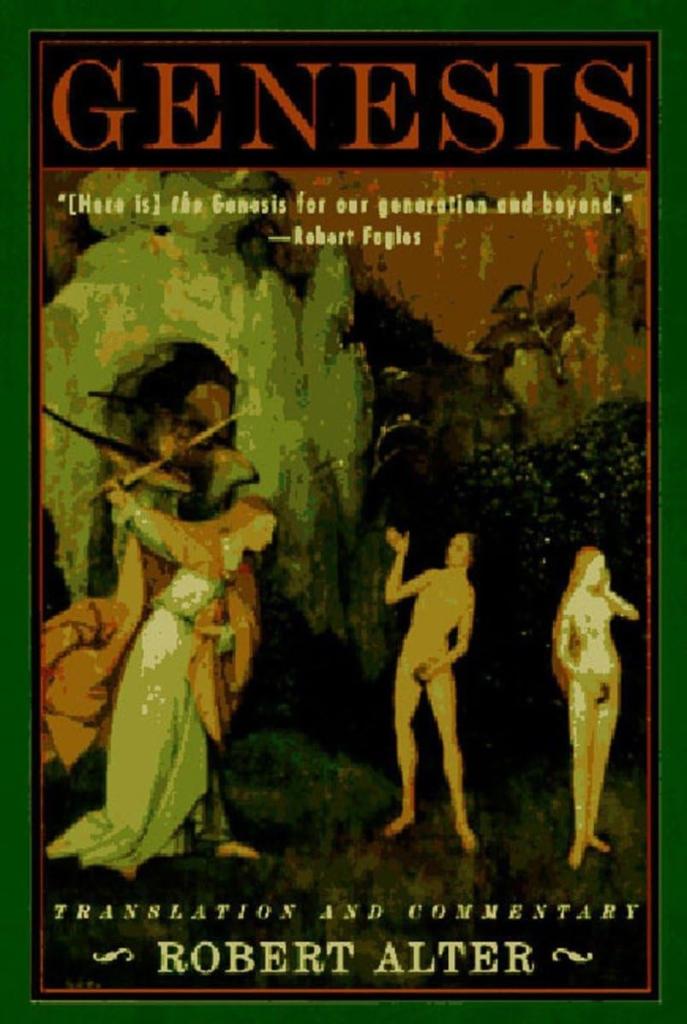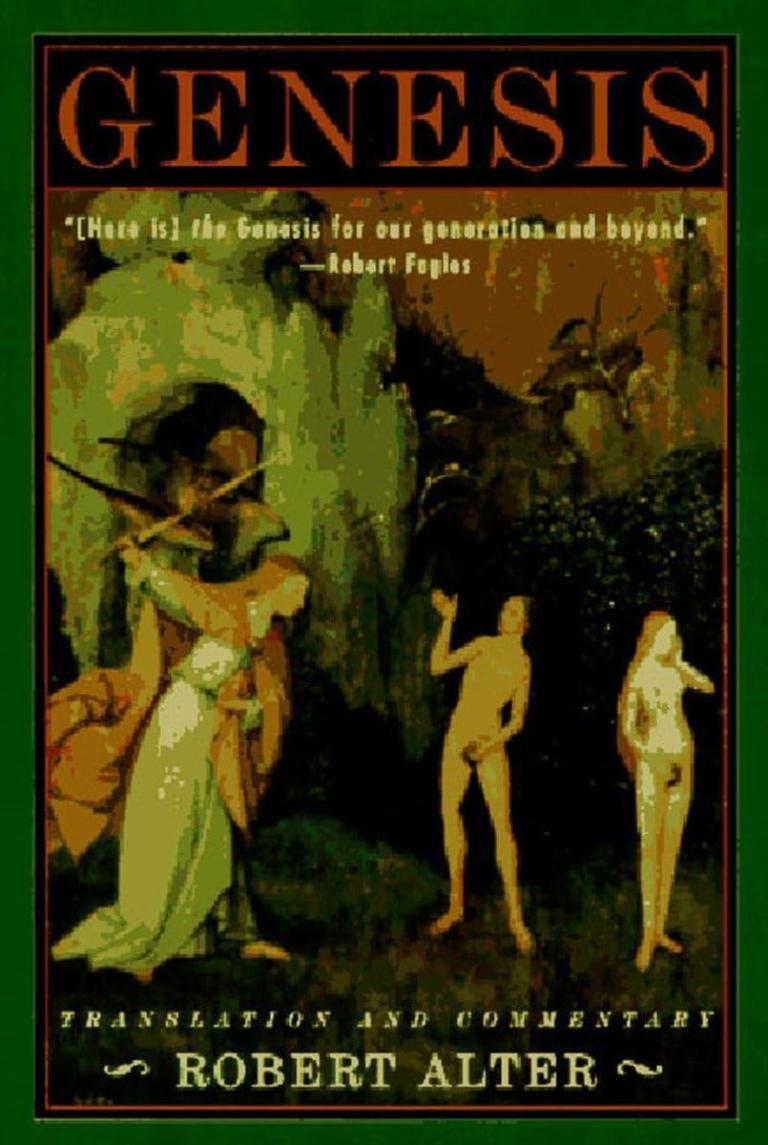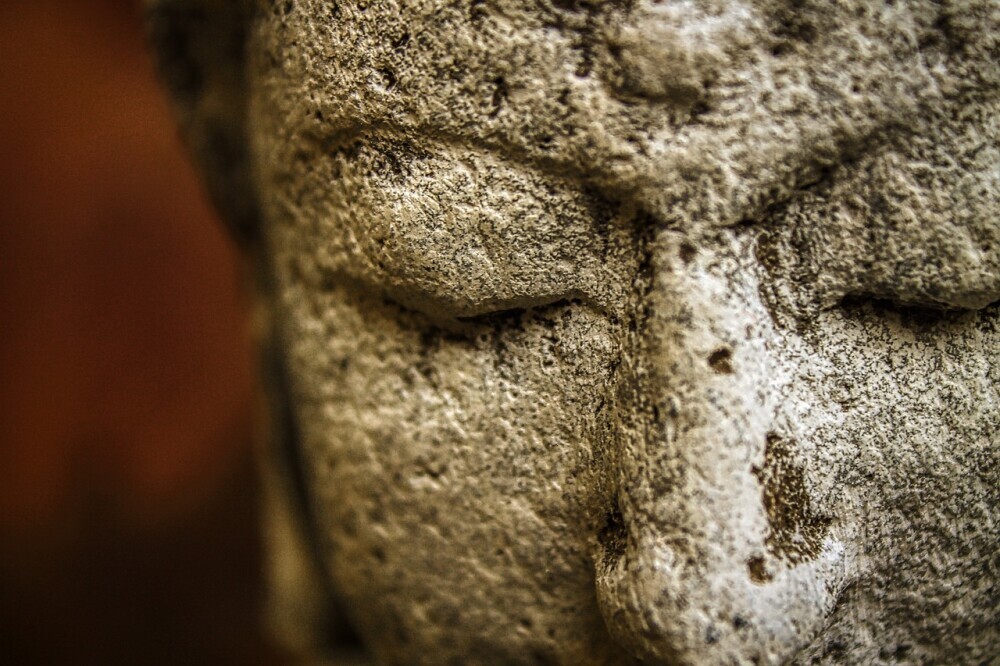When last we left Abram at the end of Gen. 11, he and his father and extended family had journey from Ur of the Chaldees to Haran, which today stands in Turkey on the border with Syria. We’ve already been told they are headed for Canaan, but unfortunately, Abram’s father Terah died in Haran. It is here at the beginning of Gen. 12 of a story that will last into Gen. 25— the longest single saga that focus’ on one man, until we come to the story of Jacob. We have left the primeval story behind and the focus had narrowed down to one family and their descendants. Not only so, but for the first time we hear about God covenanting with a particular person, Abram, whose name and fortunes and future changes as a result. This process begins at Gen. 12.1 where we hear “and the Lord said to Abram, go from your land and your birthplace and your father’s house to the land I will show you. And I will make you a great nation and you shall be a blessing. And I will bless those who bless you and curse those who damn you, and all the clans of the earth through you shall be blessed.” Though the narrator at the end Gen. 11 knows the story is heading for Canaan, Abram does not know this, he has simply been promised ‘the land I will show you’. And so Abram, and Lot with him, head south and east. As a reminder, Lot is the son of one of Abram’s brothers whose name is Haran. We are also told that Abram was older than me, namely he was 75, when he set out on this adventure. The problem is how the ancients reckoned time and age was probably not the same as we do. For one thing, most ANE people seem to have followed a lunar calendar, which meant the New Year kept changing and moving around. If you measure age by a lunar calendar, then you have more years than by a solar calendar.
So Abram takes his wife Sarai, and his nephew Lot and “all the goods they had gotten and the folk they had bought in Haran” and ended for Canaan. Slavery was common throughout the ANE, and it should not be compared to ante-bellum slavery in the southern U.S. for a variety of reasons: 1) slaves were not considered property, but rather persons. As Alter says, they did not lose their personhood once they were bought; 2) they had certain limited rights; 3) they could and were often given enormous responsibilities. Nevertheless, they were not free to go where they wanted and do as they pleased once they had been bought.
One of the clearest signs of the narrator writing at a later date than the story is the sort of remarks we find for example in Gen. 12.6— “the Canaanites were then in the land”, with the implication they were not when the teller or writer of this story lived. Most scholars think these stories were written down much later than the events, so for example when there were no more Canaanites in the land. The scholarly consensus based on destruction layers in the holy land, is that they ceased to exist after the conquest involving Joshua and his successors, so some time in the 13th century B.C. (and obviously after the Exodus in the earliest portion of the 13th century B.C. if not before). Abraham possible dates range from 2100 B.C. to 1800 B.C. so possibly as early as thousand years before the monarchy.
Here is the helpful summary by my OT colleague Lawson Stone, who has spent much good time commenting on Joshua and Judges:
“Since there was a new Pharaoh at the time of the exodus, and Ramses II seems the best pick of Pharaohs, I put the exodus ca. 1275 BC (R2 came to the throne 1279 BC). taking the 40 years literally puts the entry into the land about 1235 BC. Since the destruction of Hazor can be securely dated to the 1230’s, that fits well also. Coincidentally, the death of Ramses II and of Joshua would fall within a few years of each other, and shortly afterwards the “Late Bronze Age Collapse” swept over the eastern mediterranean region with the chaos you see in the book of Judges ensuing.”
Abram crosses into Canaan and stops at Shechem ‘to the terebinth of the oracle’. At that juncture God says to Abram, to you and your seed I will give this land. There he built an altar to the Lord, but then he pulled up tent stakes and moved on to the high country between Bethel and Ai, and there also he built an altar unto the Lord, but he did not stop there. I fact he went on to the south to the Negev– the desert south of Beersheba. We meant to think of Abram’s existence as nomadic in nature.
Up to this point in the story Abram has said nothing at all, and not put a foot wrong, and as it turns out, the reason he went all the way to Negev and then on to Egypt is due to severe famine in the land. The first words we hear from Abram, are those he says to his own wife Sarai: “Look I know you are a beautiful woman, so when the Egyptians see you and say ‘she is his wife’ they will kill me while they spare you. So say, please, you are my sister, so it will go well with me on your account, and I shall stay alive because of you.”
So, sure enough, Pharaoh’s courtiers see Sarai, remark on her beauty to Pharaoh, and Sarai was taken into Pharaoh’s house, and indeed it went well with Abram “and he had sheep and cattle and donkeys and male and female slaves, and she asses and camels.” But the Lord afflicted Pharaoh and his household with terrible plagues because of Sarai. Furious, Pharaoh summons Abram and says “What is this you have done to me? Why did you not tell me she was your wife, and so I took her as a wife. Here is your wife– TAKE HER AND GET OUT! And Pharaoh appointed an escort for Abram and all his people and property Later in Gen. 20, we will learn Sarai is actually Abram’s half sister, but she is also his whole wife, so Abram’s deception of Pharaoh is a serious sin. We are meant to assume that somehow Pharaoh learned the truth of the situation from Sarai, and the famous ancient Jewish commentator suggested that the plague in question was a sexually transmitted disease, hence Pharaoh’s inquiry of Sarai who he had had intercourse with, which Alter sees as plausible.
One of the major mistakes Christians often make in reading the OT is assuming that the ‘so-called’ heroes of the faith were Christians, or like Christians in their ethics. This is indeed a mistake. Nevertheless, even by OT standard, what Abram did in this story was immoral, and the story makes clear that it was done out of fear of being killed. Abram was no Christian saint, but things could get better. He could become a paradigm of trusting God.












 English (US) ·
English (US) ·